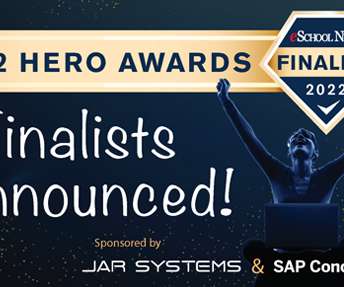How Should We Approach the Ethical Considerations of AI in K-12 Education?
Edsurge
OCTOBER 25, 2021
AI shows up in instructional chatbots, personalized learning systems and administrative tools. Moreover, since effective AI solutions require large amounts of information, maintaining student data privacy is an ongoing challenge. There is likely to be no field or industry untouched by AI before long.















Let's personalize your content